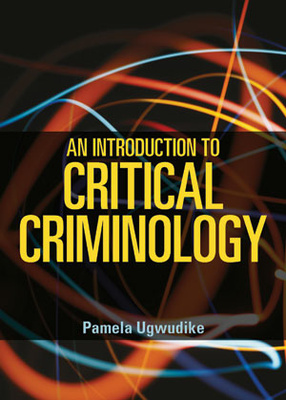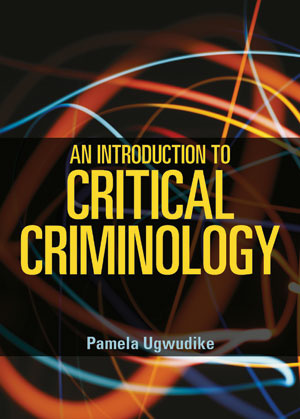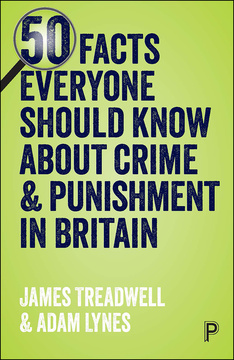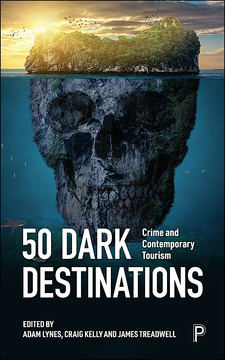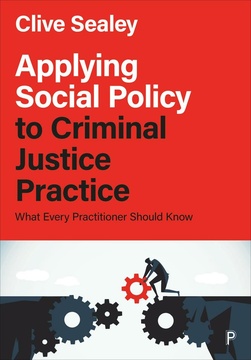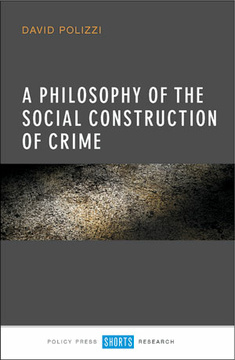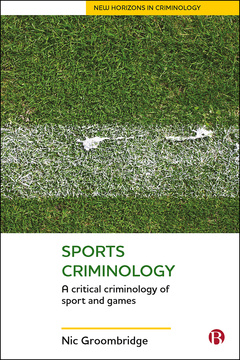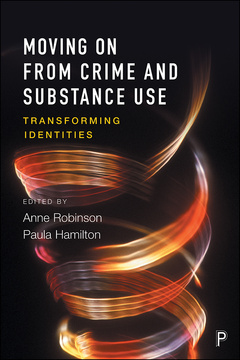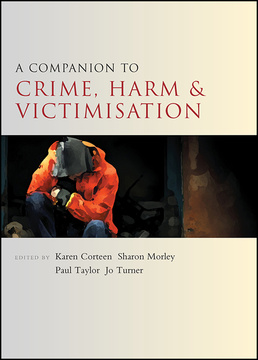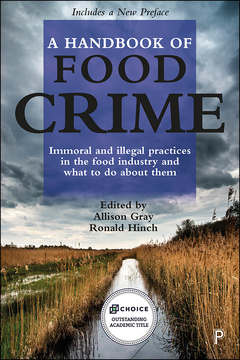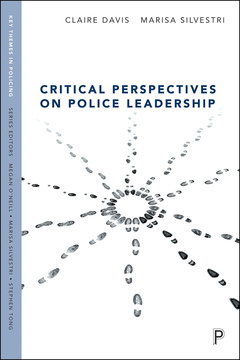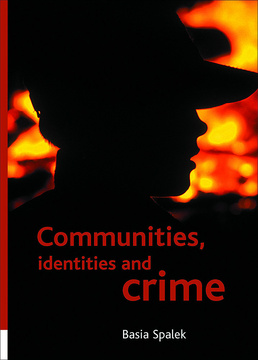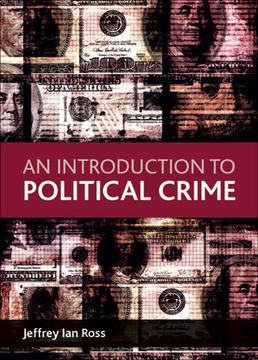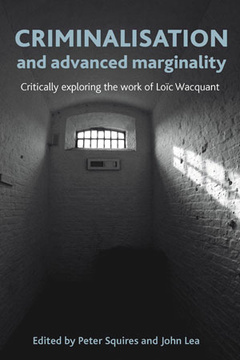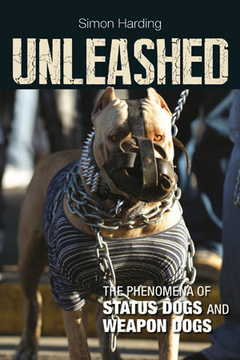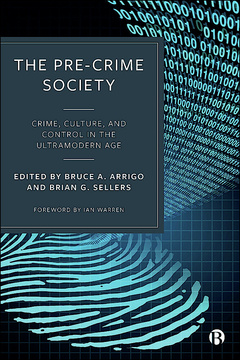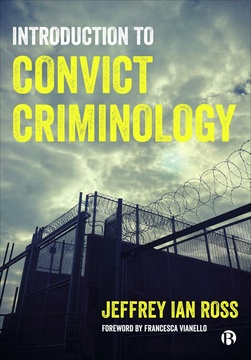An Introduction to Critical Criminology
By Pamela Ugwudike
Published
Feb 27, 2015Page count
272 pagesISBN
978-1447309420Dimensions
240 x 172 mmImprint
Policy PressPublished
Feb 27, 2015Page count
316 pagesISBN
978-1447309406Dimensions
240 x 172 mmImprint
Policy PressPublished
Feb 27, 2015Page count
316 pagesISBN
978-1447309611Imprint
Policy PressPublished
Feb 27, 2015Page count
316 pagesISBN
978-1447309635Imprint
Policy PressCritical criminological theories and perspectives are typically major components of Criminology degree courses. An Introduction to Critical Criminology is the first accessible text on these topics for students of criminology, sociology and social policy. Written by an experienced lecturer who specialises in the topic, it offers an in-depth but accessible introduction to foundational and contemporary theories and perspectives in critical criminology. In doing so, it introduces students to theories and perspectives that challenge mainstream criminological theories about the causes of crime, and the operation of the criminal justice system.
With the inclusion of boxed examples, key points and sample essay questions An Introduction to Critical Criminology is ideal for students of Criminology because it explores in detail a vast array of critical criminological theories and perspectives.
“An incisive introduction to critical criminology that is rich in theoretical concepts and illustrated with vivid examples. This is a valuable resource for scholars and students alike.” Dr Brian Burtch, Simon Fraser University, Canada
“A wonderfully written account of both the foundations and contemporary theoretical priorities of critical criminologists. Essential reading for students, teachers and researchers." David Scott, Liverpool John Moores University
"Recommended reading for anyone interested in critical criminology. It covers essential ground in an accessible and interesting fashion. So much so that it is a core text for students studying criminological theories." Kareen Corteen, School of Law, Liverpool John Moores University
"This clearly written introduction is a welcome addition. Pamela Ugwudike presents complex ideas in an accessible fashion, revealing the weighty contribution of critical perspectives within criminology and including under-represented feminist and critical race theories." Professor Mary Bosworth, University of Oxford & Editor, Theoretical Criminology
"Ugwudike has done an excellent job, drawing together many of the radical, critical and conflict voices and perspectives in criminology, while evaluating them in a way that will be both interesting and accessible for readers." Peter Squires, University of Brighton
"A well positioned text and it is pleasing to see the breadth of topic areas....especially good to see dedicated chapters on Critical Race Theory and sufficient dedicated space to Green Criminology and Crimes of the Powerful" Paul Taylor, University of Chester, textbook adopter
Dr Pamela Ugwudike is Associate Professor of Criminology at the University of Southampton, a Fellow of the Alan Turing Institute for Data Science and Artificial Intelligence, a Fellow of the Higher Education Academy, and a co-Editor-in-Chief of Criminology and Criminal Justice Journal (the flagship Journal of the British Society of Criminology). She has taught critical criminology for many years and also has international expertise in multidisciplinary research on the ethics and governance of Artificial Intelligence (AI) systems, with a focus on the data-driven technologies deployed by justice systems.
Introduction;
Part One: Foundational critical criminology;
What is critical criminology?;
The labelling perspective;
Conflict perspectives in criminology;
Marxist criminology;
Part Two: Critiquing foundational critical criminology: challenges from Left and Right;
The advent of neo-conservative criminology;
Left realism: criticisms from within?;
Feminist critiques;
Part Three: Contemporary critical criminology;
Critical perspectives on crimes of the powerful;
Green criminology;
Cultural criminology;
Critical Race Theory;
Part Four: Critical perspectives on punishment;
Punishment and control;
Part Five: Conclusions;
Future directions in critical criminology.







